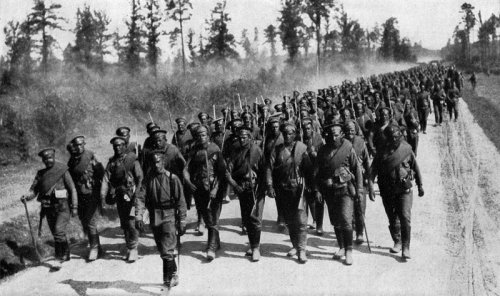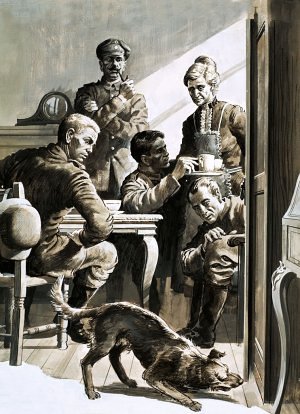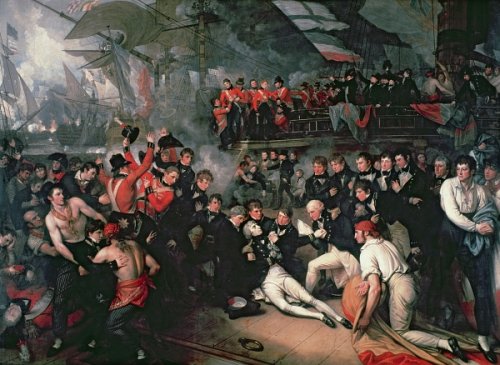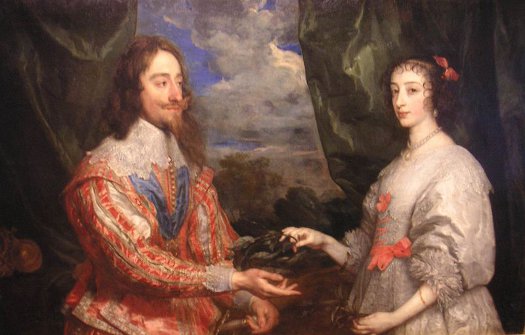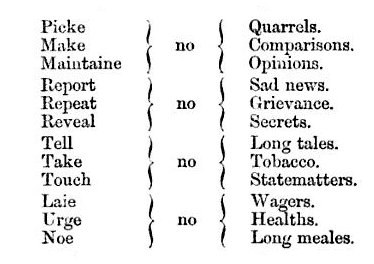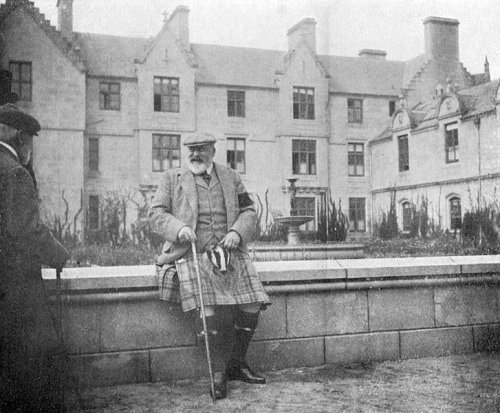
typhlophile
n. a helper of the blind
I was recently told the following story of a piece of silverware now existing in the plate-room at Marlborough House. One day the Prince of Wales, on alighting from his carriage at the door of a house where he was about to pay a visit, saw a blind man and his dog vainly trying to effect a passage across the thoroughfare in the midst of a throng of carriages. With characteristic good-nature the Prince came to the rescue, and successfully piloted the pair to the other side of the street. A short time afterwards he received a massive silver inkstand with the following inscription:– ‘To the Prince of Wales. From one who saw him conduct a blind beggar across the street. In memory of a kind and Christian action.’ Neither note nor card accompanied the offering, and the name of the donor has never been discovered. But I think that this anonymous gift is not the least prized of the many articles in the Prince’s treasure chamber. I can vouch for the authenticity of this anecdote, as it came to me direct from a young English lady who, by the kindness of a member of the Prince of Wales’ household, was shown through Marlborough House during the absence of its owners, and the inkstand in question was pointed out to her by her conductor.
— Unsigned article, The Australian Journal, January 1893

